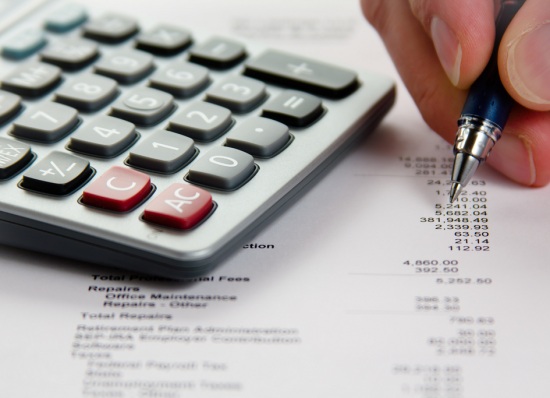Since the second quarter of 2008, British businesses have been in a state of turmoil. The recession has had a huge effect upon the way industries work in the UK, especially those dealing in retail and leisure pursuits, and so bosses have had the difficult task of balancing the day to day running of companies alongside making decisions about investing for the future without even being sure that the future for their businesses even exists. Even those who are doing seemingly well are still keen to save money at every opportunity, whereas before 2008 many chose to spend lavishly on improvements – a sign that the face of British business, and the way in which companies operate, may well have changed forever as a result of the past four years.

It is strange, then, that businesses across the country could save billions of pounds annually yet many are failing to do so. Should they choose to take advantage of capital allowances and claim full tax relief on the commercial properties they own, large sums could be saved each year to be channelled back into future investments for the companies.
While company accountants usually manage to submit receipts for furnishings such as carpets and curtains, and safety staples such as fire extinguishers and radiator covers, there are many tax deductible items that slip through the gaps and prevent full capital allowances being made. These include security systems, air conditioning units, lighting, cabling and radiators – anything, in fact, that is related to the intrinsic makeup of the building.
As long as the company has not previously claimed for a particular fixture or fitting, which must be checked before submitting a claim, then they are free to do so. This could save small businesses hundreds or even thousands of pounds.
What’s more, companies can claim back on these items even if the property was purchased ten years ago, says tax partner at Deloitte Peter Millwood. Yet he believes that many small to medium sized enterprises are dissuaded from cashing in on this entitlement thanks to the “sheer scale of legislation to battle with.”
He continues; “In most cases, businesses don’t claim as much as they could claim, and there are still many businesses who don’t claim at all – [altogether] it could be billions of pounds.”
In cases where receipts are unavailable, capital allowance specialists are able to analyse in detail the value of the qualifying assets within the commercial property. CA Tax Solutions, the largest such firm in the UK, will typically discover around £200,000 worth of unused capital allowances on an average £1 million property.
Yet even in smaller commercial properties, the firm will find around £25,000 unclaimed capital allowances. Now given that there are about 1.4 million commercial properties in England and Wales alone, this means that altogether there is between £65 billion and £70 billion net tax rebates unclaimed by British businesses if taken from the mid-point between higher rate and lower rate tax bands.
Struggling British businesses may wish to start looking into whether or not they have fully claimed their full entitlement of capital allowance, as a small windfall could be waiting in the walls of their place of work. But anyone wishing to make a claim should probably move fast, warns Mr Millwood, as on the 6th April alterations to the system could leave “unwary buyers unable to claim writing down allowances on many investments.”
He concludes; “Up until April, most buyers will continue to be able to attribute part of their cost of acquisition of commercial property to plant and machinery and claim tax relief against their profits. The amounts can be considerable, and can radically affect the viability of deals.
“From April, a buyer acquiring property from a seller who has claimed writing down allowances will not be in most cases entitled to claim going forward unless an election [a written agreement between the buyer and the seller] is in place.”
Does your business already claim full capital allowances or, like many, has it failed to realise exactly how many fixtures and fittings are able to be claimed for? Should businesses be made more aware of the tax relief available to them and, if more information had been available before the recession bit, would the UK have seen quite as many small businesses forced to close after being priced out of their properties?
Previous Post
Leeds Supermall Hailed as Future of Shopping